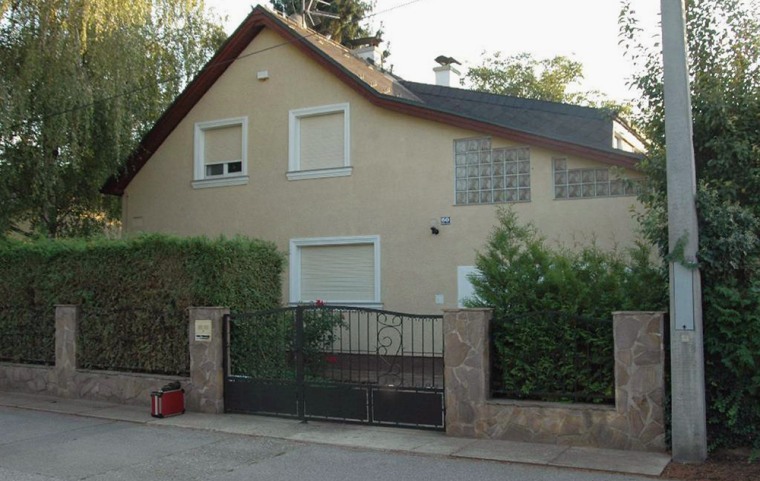An Austrian girl held in an underground cell for more than eight years took car trips with her captor and was seen alone in his garden, a neighbor said Tuesday, adding fresh details to an increasingly complex portrait of her captivity.
Josef Jantschek told state broadcaster ORF that he saw Natascha Kampusch riding in the front seat of Wolfgang Priklopil’s car and walking around his garden alone several times over the past few months.
Other residents of Priklopil’s hometown of Strasshof, a tidy suburb just northeast of Vienna, have claimed they glimpsed Kampusch outdoors at various times, investigators have told reporters. And at least one other resident told an Austrian newspaper that she had seen Kampusch in Priklopil’s car.
The details have given nuance to the widespread initial impression that Kampusch spent virtually every second of her captivity in a windowless secret cell in Priklopil’s garage.
That Kampusch may have had more freedom than previously thought suggests Priklopil’s control over the girl may have been so deep that she didn’t take advantage of possible opportunities to escape, according to some experts.
Federal investigators said they planned to resume questioning the young woman about her ordeal Wednesday.
“We hope for new explanations and more lights in the darkness,” said police Maj. Gen. Gerhard Lang of the Federal Criminal Investigations Bureau.
Police search house
Meanwhile, police made a precautionary floor-to-floor search of the house where the girl — now 18 — was held to make sure it contains no other secret rooms or victims.
Asked whether the renewed search of the house could yield more victims, police declined to comment. Investigators have said Priklopil’s DNA turned up nothing in a nationwide criminal database, showing he had not been sought in any other missing person cases.
Priklopil killed himself hours after his prisoner’s escape a week ago, throwing himself under a train.
Jantschek told ORF he thought it was odd that Kampusch always entered the house through the garage, where police now say hidden stairs led to the cell she called home until her dramatic bolt to freedom on Aug. 23, while Priklopil, 44, was busy with a cell phone call. The victim was 10 when she was taken while walking to school on March 2, 1998.
“She looked friendly, but pale,” Jantschek said. When he asked Priklopil whether Kampusch was a new girlfriend, he said he was told she was a housekeeper from the former Yugoslavia.
Breaking the silence
On Monday, Kampusch broke her silence with a statement saying she mourned for the man who abducted her and did not feel she had missed out on much during her captivity.
Her statement — which surprised many people with its eloquence — suggested she may be suffering from “Stockholm Syndrome,” in which victims cope with intolerable situations by identifying with their captors.
Lang described Kampusch, who remained in a secure and undisclosed location, as “completely well” and ready to discuss her experience in greater depth.
Guenter Harrich, a Vienna lawyer, said he met with Kampusch on Tuesday to go over her rights to financial assistance, including the possibility of her getting the proceeds from the eventual sale of the house where she was confined.
Harrich said he planned to bring her some cosmetics she had asked for and that a psychiatrist already had given her $64 because she had no pocket money.
“She is a sweet, very nice, clever woman with an unbelievable intellect” and has been busy writing, reading and painting, Harrich was quoted as telling the Austria Press Agency.
Harsher penalty for kidnapping
Austria’s Justice Ministry said it planned to toughen the penalty for kidnappers who imprison their victims. Had Priklopil not committed suicide, he would have faced a maximum sentence of 10 years — only 18 months longer than Kampusch was held.
Police images of the basement cell where Kampusch was kept showed the room contained, among other things, books, clothes, a television, a bed, a toilet and a sink. Investigators say she also was allowed to listen to the radio and watch some videos, and with the help of a book, taught herself how to knit.
